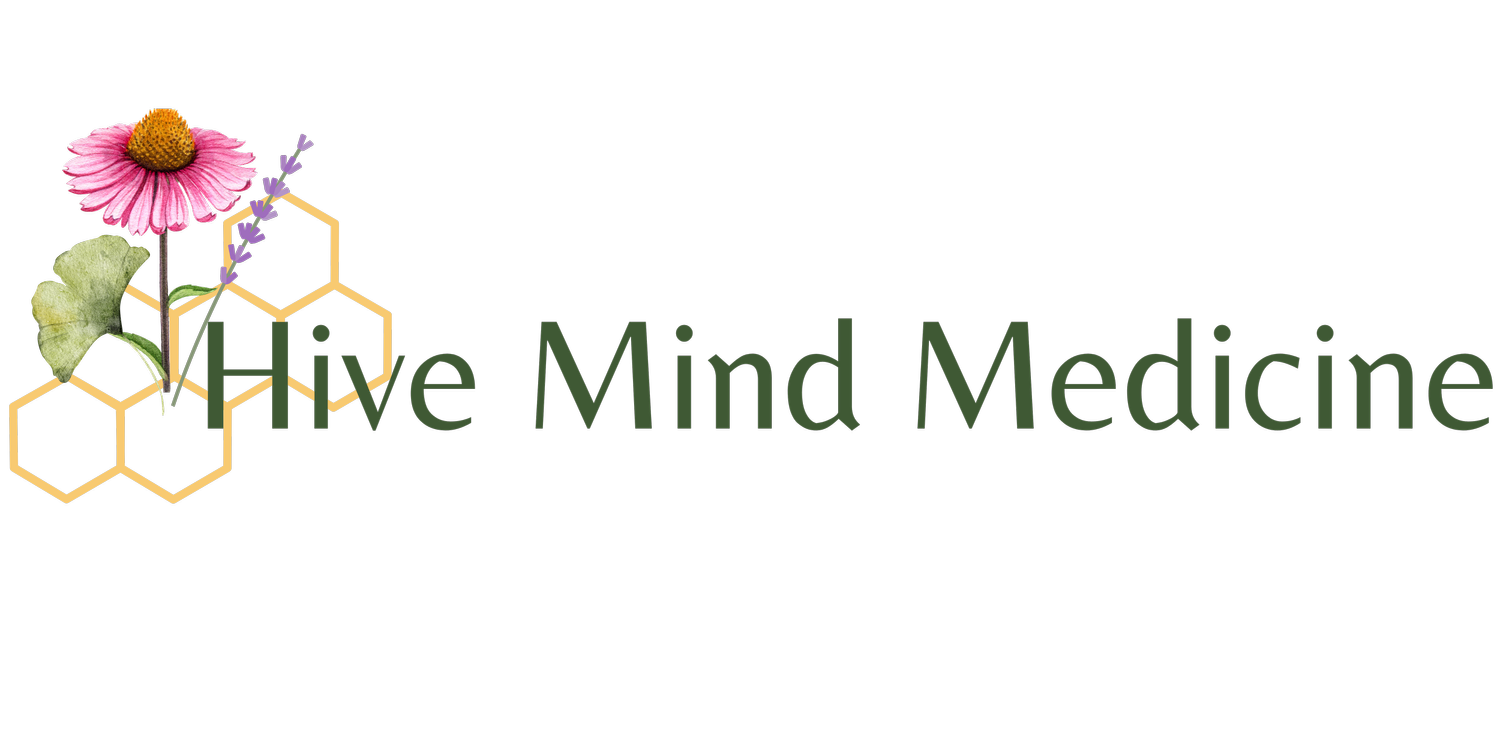The Dark Side of Antibiotics: GI Diseases, Antibiotics and Probiotics
STEVEN SANDBERG-LEWIS
ND, DHANP
Antibiotic prescriptions are central agents in medicine. Sometimes life-saving, often helpful, they may shorten or eliminate suffering from bacterial infections, at any time from prior to birth until death. (Note that antibiotics are of no assistance when it comes to viral infections however.)
Compared to humans, bacteria have the genetic advantage of reproducing numerous generations in a single 24 hour period. Compared with our single generation in 15-20 years, this allows them to mutate, to try out multiple genetic patterns and perhaps become resistant to antibiotics, leading to a decrease in the effectiveness of antibiotics, and in the case of some bacteria, severely limited methods of treatment result from this process.
Over time, the use of most antibiotics has led to bacteria that are antibiotic resistant. Also, there are side effects from antibiotic use – those pesky effects of drugs that are not desired, but are as real as the therapeutic effects. A good example is Clostridium difficile (C. diff) colitis which is sometimes referred to as antibiotic associated diarrhea. Treatment with most antibiotics reduces the level of C. scindens, another species of Clostridium that is in a close state of balance with C. difficile. Killing off too many C. scindens with a course of antibiotics leads to altered C. difficile which begins making several toxins that cause severe diarrhea. This is a disease that is common in hospitalized and antibiotic treated patients. There are only four antibiotics that may be used to treat this disease, in part because they rarely cause it – metronidazole (flagyl), vancomycin, dificid and rifaximin. This is just one example of the fine balance among the numerous genera and species of organisms in the gut that we call the microbiome.
Beyond antibiotic resistance and altered flora, there is also evidence of an increased risk for more chronic digestive tract diseases with overuse of antibiotics. A new (not yet published) study from Scotland finds that exposure to antibiotics may increase the risk of younger people developing colon cancer (by 49%). Prescription antibiotic use (more than 3 courses in the two years prior) also increases the risk of a new diagnosis of inflammatory bowel disease in adults (Shaw SY, 2011). A meta-analysis of 11 studies found antibiotics associated with increased risk of new-onset Crohn's disease but not ulcerative colitis (Ungaro R, 2014). Children who took antibiotics in the first month of life had a higher likelihood of being diagnosed with Crohn’s at age eight compared to controls (Shaw SY, 2010). Penicillin was the only antibiotic that was not found to have this risk. Metronidazole (flagyl) and fluoroquinolones (eg. ciprofloxacin) had the highest risk.
Perhaps if we are more careful about using probiotics along with each needed course of antibiotics, the risks discussed above would be reduced. A 2017 meta-analysis of 27 studies suggests that probiotics reduce the risk of C. difficile associated diarrhea by 60% (Goldenberg JZ, 2017). Visbiome (previously called VSL#3), a multistrain probiotic, has been shown to be effective in leading to remission in ulcerative colitis (Dang X, 2020). Research also finds Visbiome to be significantly effective in preventing pouchitis recurrence. Pouchitis is a disease that often occurs after surgical removal of the colon (Gionchetti P, 2015). Not available in the U.S., the probiotic Escherichia coli Nissle 1917 is as effective as the drug mesalamine for preventing flares of ulcerative colitis.
Steven Sandberg-Lewis, ND, has been in clinical practice for 43 years, with a focus on functional gastroenterology. He has been a professor since 1985, teaching a variety of courses but primarily focusing on gastroenterology and GI physical medicine. In 2019, Dr. Sandberg-Lewis co-founded Hive Mind Medicine, continuing his specialization in gastroenterology with a focus on reflux, SIBO, inflammatory bowel disease and functional GI disorders. He is currently working on his new book, Getting Real About Reflux, written to help non-medical and medical professionals alike develop a better understanding of diseases affecting the gastrointestinal tract.
Hive Mind Medicine blog posts are for educational purposes only and are not intended as medical advice. Please consult with your health care practitioner for personalized guidance. Click on the contact button below if you would like to schedule with one of our Hive Mind practitioners.

